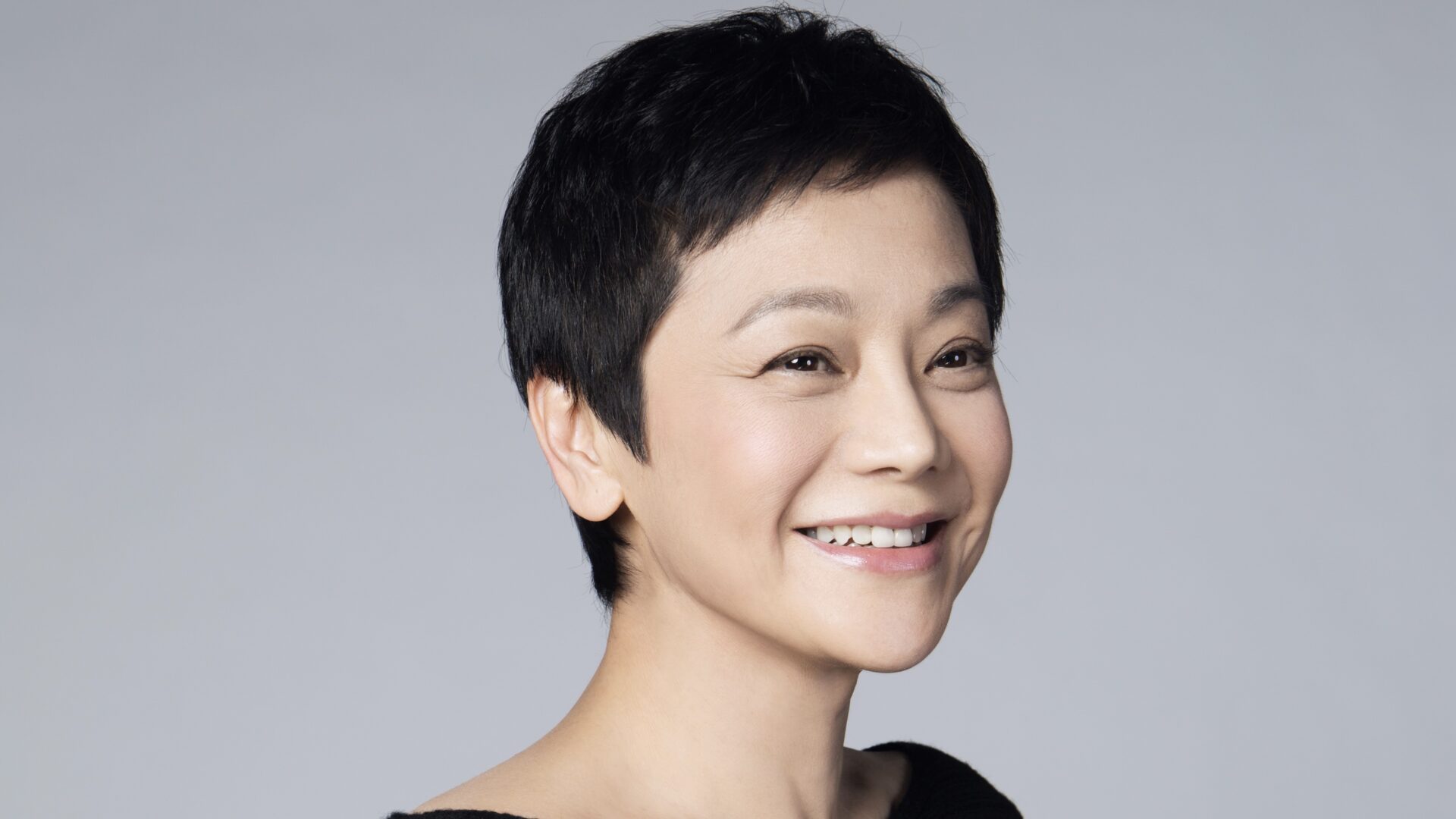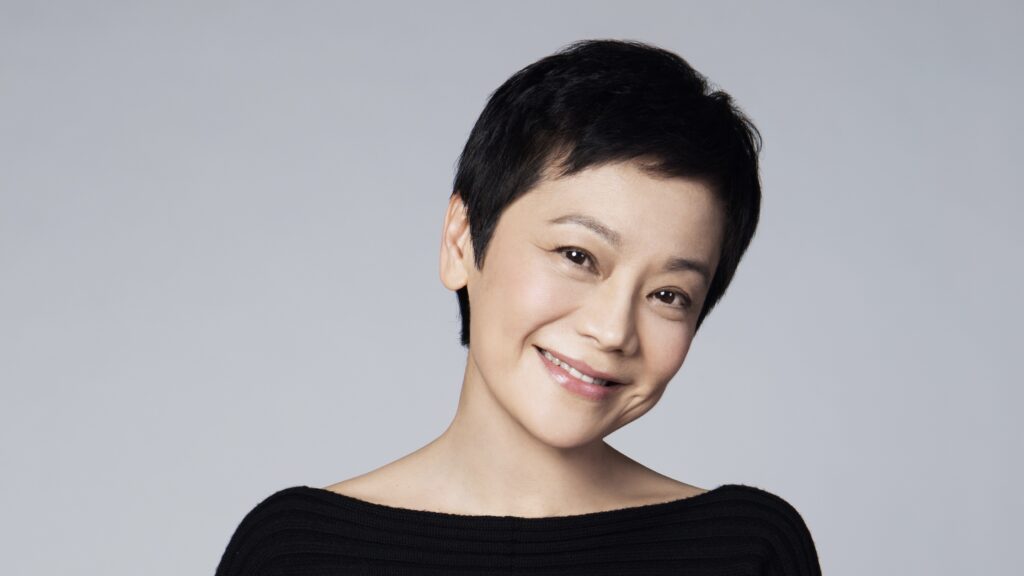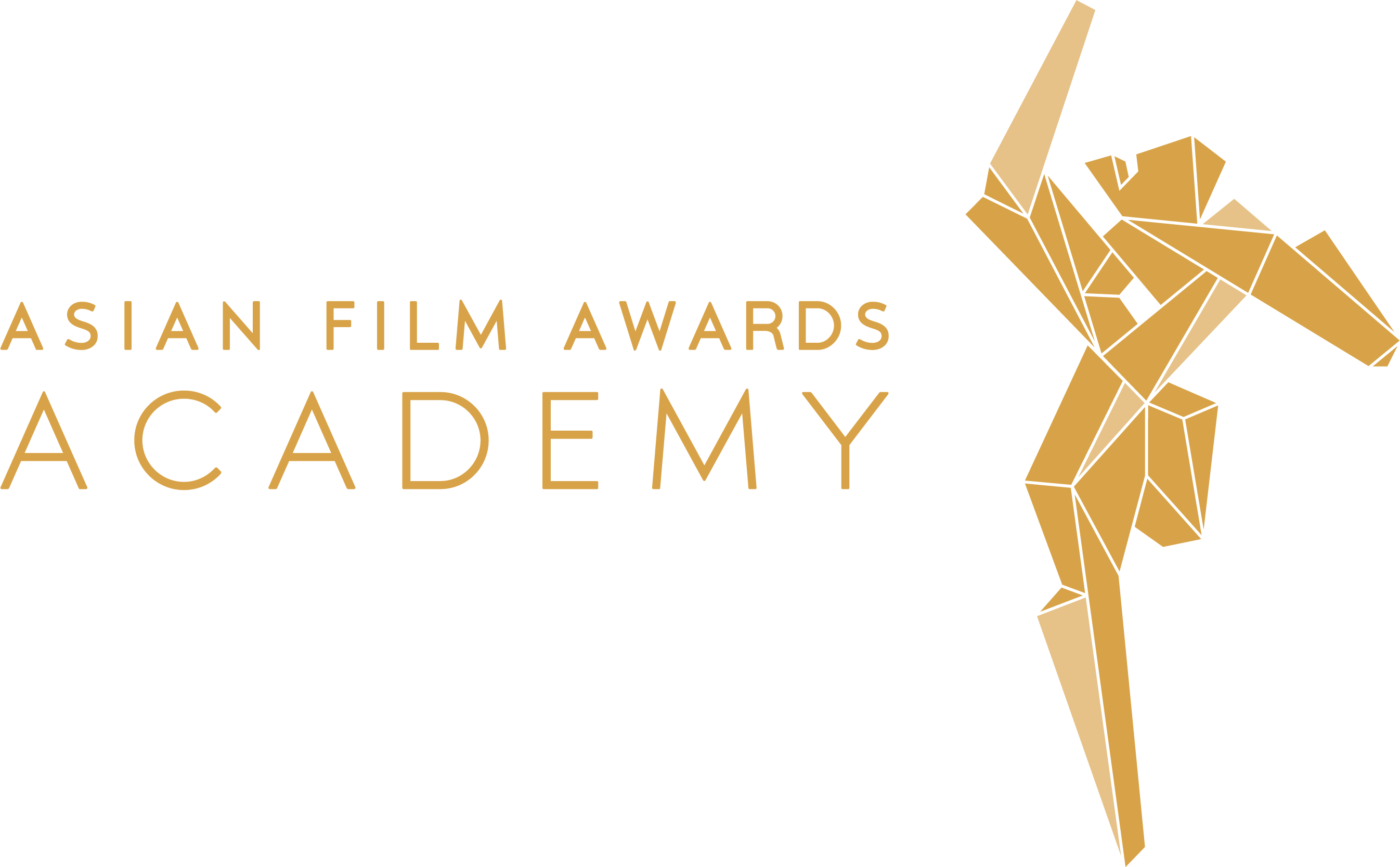
シルヴィア・チャン
Lifetime Achievement Award
Sylvia CHANG, one of the most influential filmmakers in Asian cinema, has seen a prolific career that has spanned over four decades. She has acted in over 90 films, directed 10 features, written two stage plays and recorded multiple hit records. Not only is she the current record holder for the most nominations at the Hong Kong Film Awards (HKFA) and the Golden HorseAwards, her work behind the scenes has also shaped some of the biggest film festivals in the region and nurtured young talents.
SEARCHING FOR A DIRECTION
CHANG’s acting career began when famous actor TIAN Feng spotted her–still a student at the time–singing on television programme in the early 1970s. TIAN recommended her to Hong Kong’s Golden Harvest, who signed her up as a contract actress in 1973. However, CHANG knew that she wanted to work behind the scenes as well. That chance came when she was offered to work as an assistant director on LUNG Kong’s Laugh In (1976). In 1979, she also officially became a film financier when she co-founded Unique Films with WU Sau-yee and LAW Hoi-muk. The company’s productions included Ann HUI’sThe Secret (1979) and Maisy CHOI, Sylvia Chang’s Sisters of the World Unite (1991). Even in the early days, CHANG was already branching out in the industry.
DISCOVERING HER DIRECTORIAL VOICE
CHANG’s first opportunity to direct came in early 1980s. She also worked behind the scenes as a planner for a television anthology series (she also directed one of the episodes) and developed Taiwan projects for Hong Kong’s Cinema City just as the New Taiwan Cinema movement was taking off. CHANG’s major break as a filmmaker came with Passion (1986). Featuring a script written by CHANG herself, the poignant story of a complex love triangle showcased her talent as a storyteller with nuance and depth. Not only did the film earned CHANG Best Actress awards at both the HKFA and the Golden HorseAwards, it was also nominated for Best Film and Best Director at the latter. CHANG brings a unique humanistic perspective to each of her directorial efforts.Her films don’t portray stories with simple black-and-white morality; they explore difficult issues while showing great empathy and sensitivity for their characters. Her most recent film, Love Education (2017), is no exception. The family drama is nominated for five Asian Film Awards this year, including Best Director, Best Actress and Best Screenplay.
A SCREEN ROYALTY
In addition to working behind the scenes, CHANG also remained one of the most prolific actresses in Hong Kong andTaiwan. During the golden era of Hong Kong cinema in the 1980s and 90s, CHANG appeared in an average of three films per year. She has worked with acclaimed filmmakers such as TSUI Hark, Yonfan, Stanley KWAN, Johnnie TO, JIA Zhangke, Ang LEE, François GIRARD and TIAN Zhuangzhuang. From action comedies like Aces Goes Places (1982) to domestic dramas like All About Ah Long (1989) even to voice acting on animated films like A Chinese Ghost Story: A TSUI Hark Animation (1997), CHANG has a diverse range of roles that showcases her versatility.Besides accolades for her writing and directing work, CHANG has been nominated for Best Actress ten times at HKFA and nine times at the Golden Horse. In addition to her win for Passion, she also won the Best Actress of HKFA for Forever and Ever (2001) as well as the Best Actress of GoldenHorse Awards for My Grandpa (1981).

Sylvia Says…
Front of the camera, behind the scenes
The word “director” holds a lot of power. Everyone wants have power. That word often makes me wonder whether I’ve done well enough on the job. The same goes for acting. It’s a technique that needs to be honed constantly. Many viewers say that they get a unique feeling when they watch my films. That’s because I’ve drawn out the warmth in their hearts. I’m a warm person by nature. No matter what I’m criticizing in my films, I always try to jump out of the issue and portray it in my own way. Actually, directing, writing, producing and acting are similar work. When I’m a writer, I’m also an actor and a director. I have to become all the characters and understand them. I have to keep acting them out. I act out every scene I write, then I judge if the scene works or not. I know that I’m in the service of the director when I’m an actor. I’ve worked on both sides of the camera, so I’m quite considerate to the director. I’m glad when I think of something that the director didn’t think of, andI’m also glad when the director thinks of something that I didn’t think of before. To a filmmaker like myself, all the positions are related. Every experience helps my work in every position.
Starting from “NEW”
Everyone starts at being new at what they’re doing. When I see talented people, I feel the urge to work with them. It’s not about me helping them; it’s mutually beneficial. Being in this industry for a long time, it’s easy to feel tired or that you’ve hit a wall when you’ve been. Nobody is perfect. Everyone has a good side, and I’m more than happy to work with a director and bring out the best of each other.
Attraction and nature
Everyone is born with a role they’re destined to play. You have to find the role that lets you feel the most natural and comfortable. I’ve loved singing and performing since I was young, but I always felt uneasy in a photo studio. That’s how I gradually learned what I was good at. You’ll always be attracted to what you like. If you keep running towards that forest, you’ll open up a world that grows bigger with time. That world has everything, and you’ll never stop learning about it. That’s why this industry attracts me. My nature is to like beautiful things. I might have ended up in a different profession if I didn’t work in film, but that job would still have something to do with beauty.
Chinese cinema
Chinese cinema is like a large empire. It’s a huge market, but Chinese people have never understood how big of an effect films have on our lives. They never see film as a culture. We have great directors and writers, but they’re often neglected and marginalized. We should diversify and make all kinds of films. It’s hard to make good things because we don’t get enough support. People don’t take these things seriously enough to link all the Chinese-speaking regions together. We can only keep working at it and hope that what we’ve done over the last few decades can accomplish something so that everyone can see that hard work is what it takes to be in this industry.
